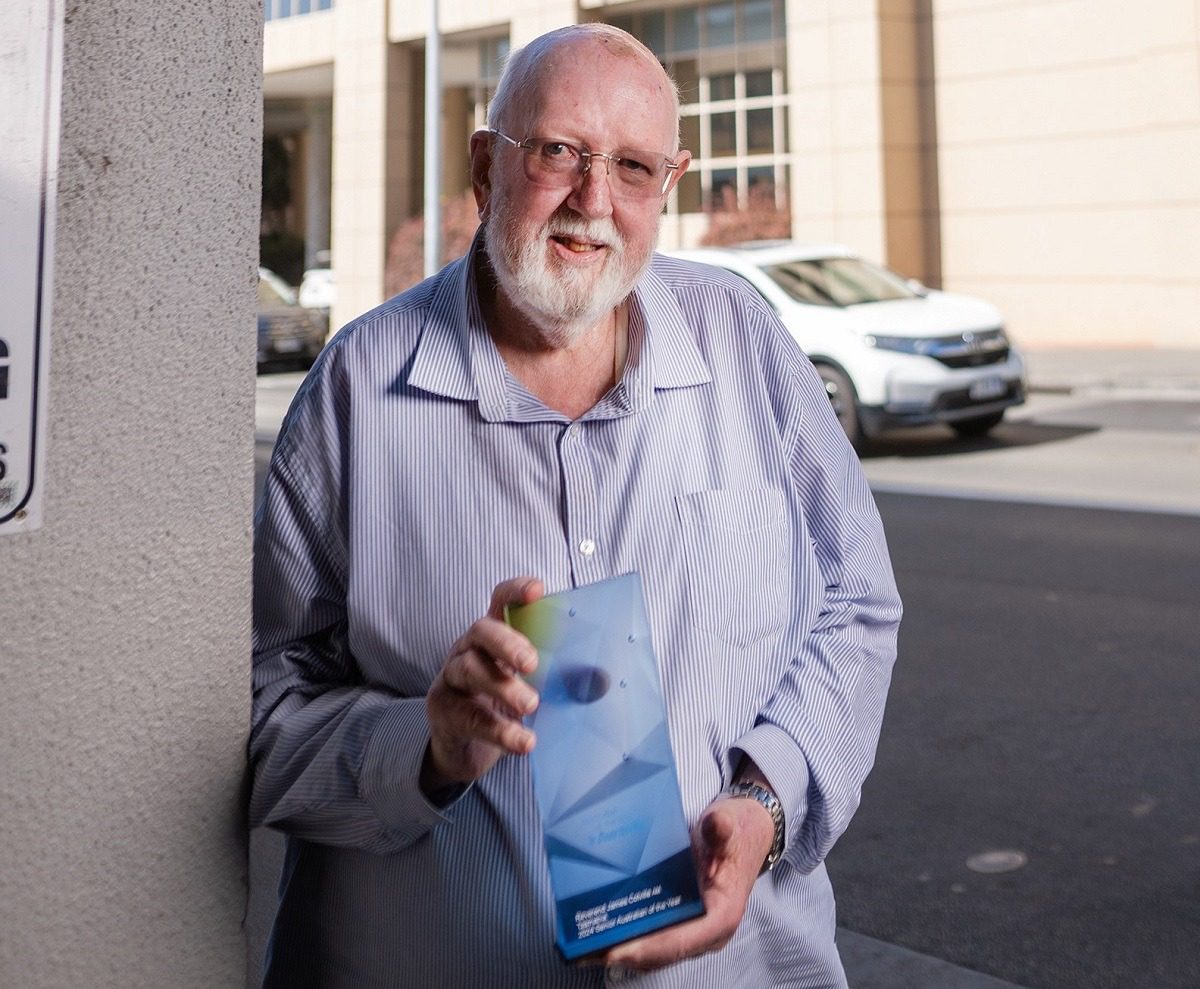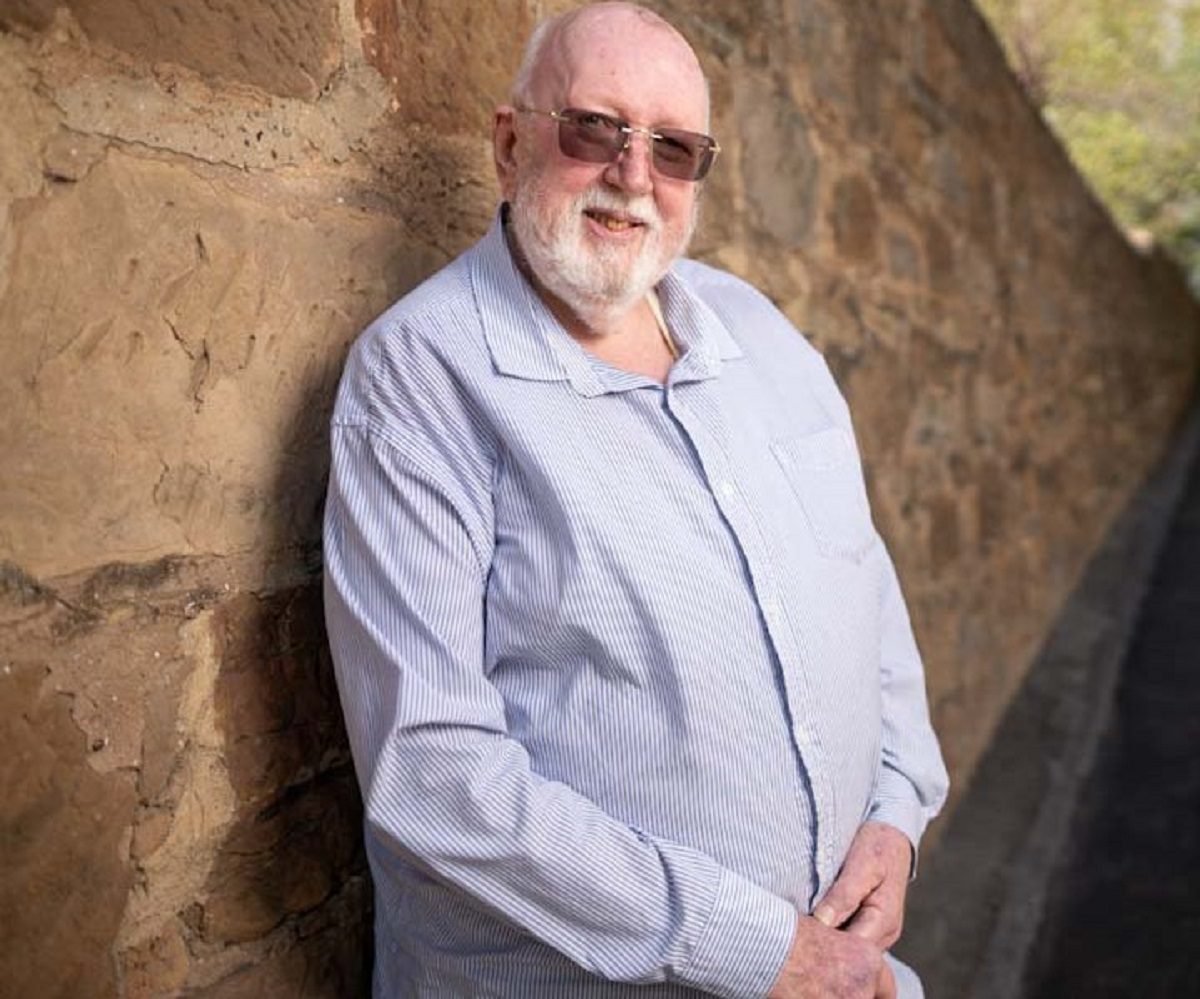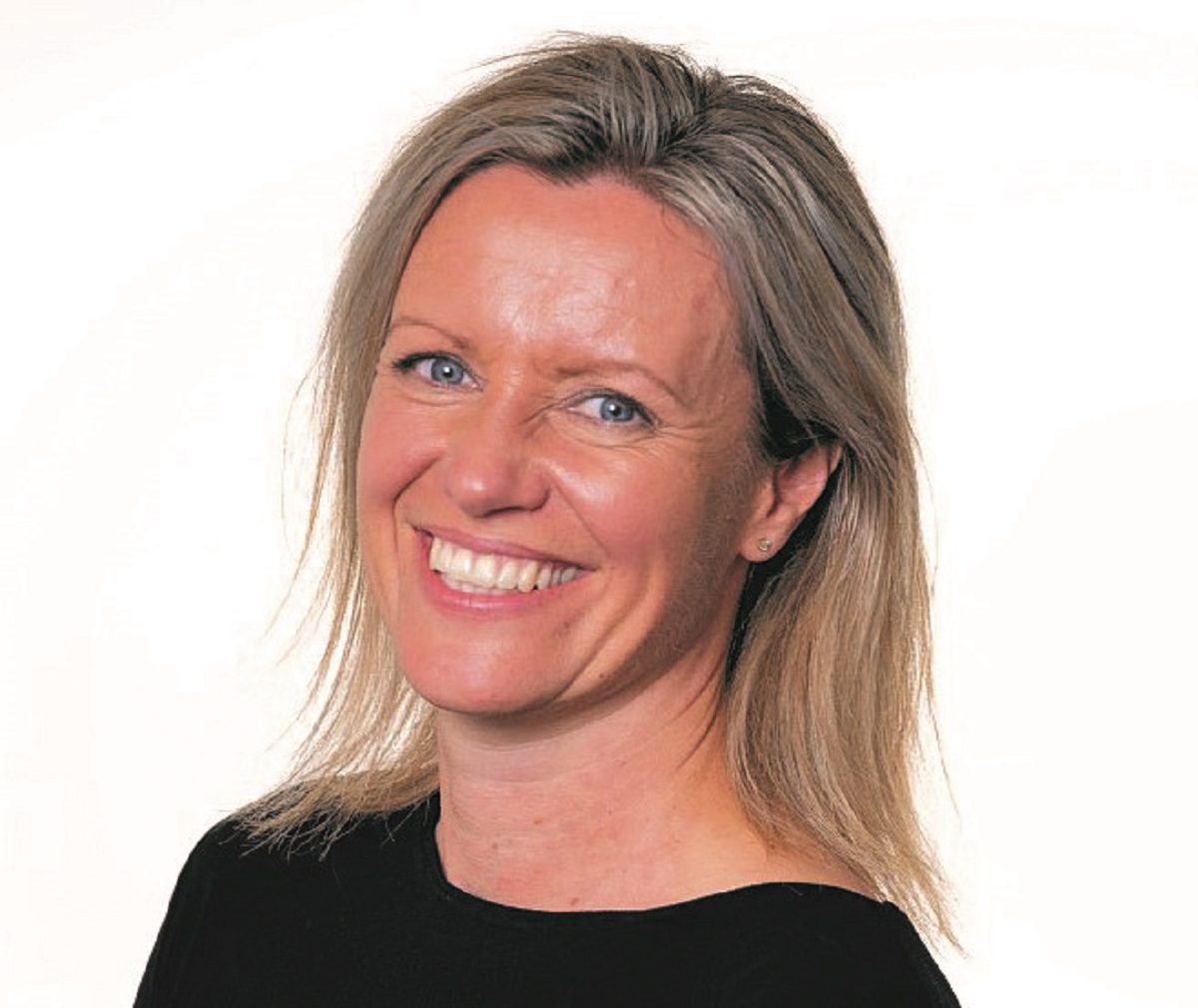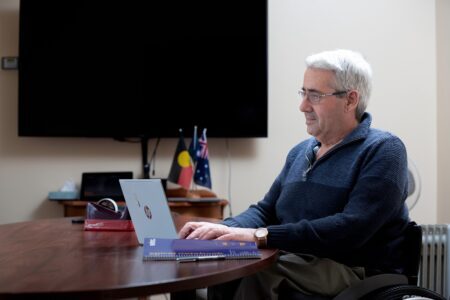By Andrew Humphries
He may be the current Senior Tasmanian of the Year, but that sort of recognition isn’t what floats Rev Jim Colville’s boat.
What does keep him going, well into his ninth decade, is an unwavering commitment to making a difference in young people’s lives.
And for more than 50 years he has been making the lives of hundreds of thousands of young Tasmanians better, through an organisation he founded in Hobart.
Since 1973, Colony 47, named after its address at 47 Davey Street and because as a ‘Colony’ it would welcome all, has been at the forefront of helping young people navigate some of the obstacles preventing them from achieving their full potential.
At the centre of what it does is housing and, more specifically, building on the knowledge that only secure and affordable housing is going to help young people achieve their goals.
“We aim to provide solutions for safe, fit for purpose and affordable housing and support networks,” is how Colony 47 describes its mission.
“We collaborate with various services and housing providers to assist people in accessing social and affordable housing, and we work to achieve tangible, positive change by working with young people and those at risk of homelessness.
“We have 50 years’ experience in supporting young people with employment, education, housing and relationships.”
Behind it all has been retired Uniting Church Minister Jim, whose tireless efforts on behalf of Tasmania’s young people earned him the Senior Tasmanian of the Year honour last November.
Jim is a passionate advocate for the underdog, albeit with a habit of calling a spade a spade.
It’s a trait that has landed him in hot water at times, never more so than when his vision for what would become Colony 47 took hold.
Back in 1973, Tasmania was a far different city than the one today, with a rigidly conservative mindset, allowing little room for those considered to be a bit “different”.
For relatively new Methodist Church Minister Jim, that was something that didn’t sit comfortably at all.
“The reality in 1973 was that the Methodist Church’s response to certain types of people was to reject them,” Jim recalls.
“According to the Church, there was no place for people who were gay, or for teenagers who became pregnant, so what was happening was that these young girls were forced to have an abortion, with some dying as a result.”

“In 1973, I rented an empty church for $3000 a year, which embraced an open-door policy that meant no one was rejected,” Jim says.
The Church’s response to Colony 47, and what it represented, meant that Jim and it didn’t always see eye to eye.
“I was often in real trouble with the Church at that time because I wanted to help these people, but, in the Church’s eyes, I wasn’t providing a responsible Ministry,” he says.
“But what I wanted was to set up an organisation that looked after young people and, in 1973, I rented an empty church for $3000 a year, which embraced an open-door policy that meant no one was rejected.”
And so, Colony 47 was born.
The often volatile situation with the Methodist Church eventually came to a head, with devastating financial consequences for Jim and his family.
“I can remember the Church actually cut my stipend as a Minister in half because they felt I was spending too much time on Colony 47 and not enough on the Church,” he says.
“It was then cut to nothing and I was taken out of Ministry for 12 years because the powers that be felt I wasn’t doing what was required.
“I wasn’t allowed to perform weddings, baptisms or communions, and that was a real blow because the first wedding I had wanted to do was my own daughter’s.”
The financial blow also meant a rethink for Jim, who then began to work with the State Government to create a youth unemployment service, before moving to a Federal Government role as Senior Assistant Director of Social Security.
“What I tried to do in that role, at a macro level, was bring support to organisations like Colony 47 through making changes in policy,” he says.
Jim’s advocacy in those early years sometimes meant that toes were stepped on, and it came at a great personal cost.
On several occasions he faced the possibility of going to jail.
“I can remember on a couple of occasions one young fellow I had upset decided he was going to ‘get me’ by hiding drugs in my study,” Jim says.
“Luckily some of the other kids who supported me heard about it, came up to me and told me that this person had already called the police on me.
“So, I raced around and found the drugs just before the police came.
“If they had found the drugs it would have been all the ammunition needed by those people who wanted to see Colony 47 closed down.”

Jim has been an inspiration to all who have continued his work at Colony 47.
Jim recalls another occasion when he flirted with breaking the law, this time through the distribution of contraceptives in a bid to reduce the number of unwanted pregnancies among young women.
“At that time you couldn’t buy contraceptives, so there was a lot of pregnancy out of wedlock,” he says.
“So, I decided that I was going to break the law and distribute them, and I was then accused by the Church, and some sections of society, that my actions would somehow bring about the end of the world.
“I was seen to be promoting promiscuity and could have been arrested, and I was also attacked by many Christian politicians.
“But if going to jail had been the price to pay for what I did, I would have happily paid it.”
As Colony 47 moves into its sixth decade, chief executive officer Dianne Underwood says Jim continues to inspire those who work there.
“I think Jim’s legacy is such an important part of who we are, and we use his story in so much of what we do,” she says.
“It’s so important to us here, and our culture, to remember what Jim started in 1973, and why he did so.
“We have amazing staff here and a great culture, which Jim deserves all the credit for.”
While grateful to be honoured as Tasmania’s Senior Australian of the Year, Jim says the award was an opportunity to pay tribute to the many people who helped on Colony 47’s journey.
“I’m not even sure who nominated me,” he says.
“My grand-daughter said ‘make sure you write a speech in case it’s you’, but I thought that would be a waste of time because I never expected such an honour.
“I was just amazed to be chosen, and I accepted the award not for myself, but to recognise the wonderful, kind and generous people, believers and non-believers, who sought what was good in others, concentrated on what they held in common, and used diversity as a strength.
“When 50 years ago I stepped into a frightening place for myself and my family, with no manse and congregation, no income and a debt of $3000 a year to rent a church, we placed our faith in the promise of Jesus Christ and he never let us down for a moment.”

“We’re very well known within the community as an organisation which is there when people need it the most,” says Colony 47 CEO Dianne Underwood.
More than a numbers game
Imagine an organisation that has invested $300 million in supporting people since 1973, delivered 33 different programs, and helped more than 50,000 households with bond or rental assistance.
It’s quite an astounding achievement, but that’s not all Hobart’s Colony 47 can chalk up.
It has also helped about 350,000 Tasmanians who have turned to it for assistance, been there for over 7000 young people with early intervention support, employed over 3000 people and worked with over 5000 volunteers.
Over 17,000 young people have been guided into education and employment through Colony 47, while its specialised support has meant that more than 2000 hospital bed nights have not been required because of early intervention measures.
While the numbers are important, they are only part of a much bigger picture.
Chief Executive Officer Dianne Underwood says it’s the people Colony 47 helps that matter the most.
“I think it’s always important to dig deep and continue to remember the reason why Colony 47 is here, and that’s the people we support,” she says.
Essentially, says Dianne, Colony 47 is the front door to enter for any person under 25 in southern Tasmania experiencing housing stress or homelessness.
“There are 4500 households on a waiting list for assistance at the moment,” she says.
“These are people who need support because they can’t afford their rent, can’t break into the housing market or are currently homeless.”
Dianne says the result of these issues is a slowing down in the rate young people are moving towards independence, while others are unable to transition from school successfully.
“The core of our work is young people and it’s about getting in early and investing well so they never have to see us again, because we’ve been able to put them on the right path,” she says.
“We’re looking after people the community has forgotten about or has ignored, and we’re going to come up with solutions for them that will have far-reaching and positive impacts for the Tasmanian community.”
Fifty-one years after Rev Jim Colville established Colony 47 in a disused church in Davey Street, it continues to be a vital lifeline for young people in southern Tasmania.
“We’ve estimated that we’ve helped hundreds of thousands of people in those 51 years,” Dianne says.
“So, we’re very well known within the community as an organisation which is there when people need it the most.”
For more information on Colony 47, go to www.colony47.com.au


